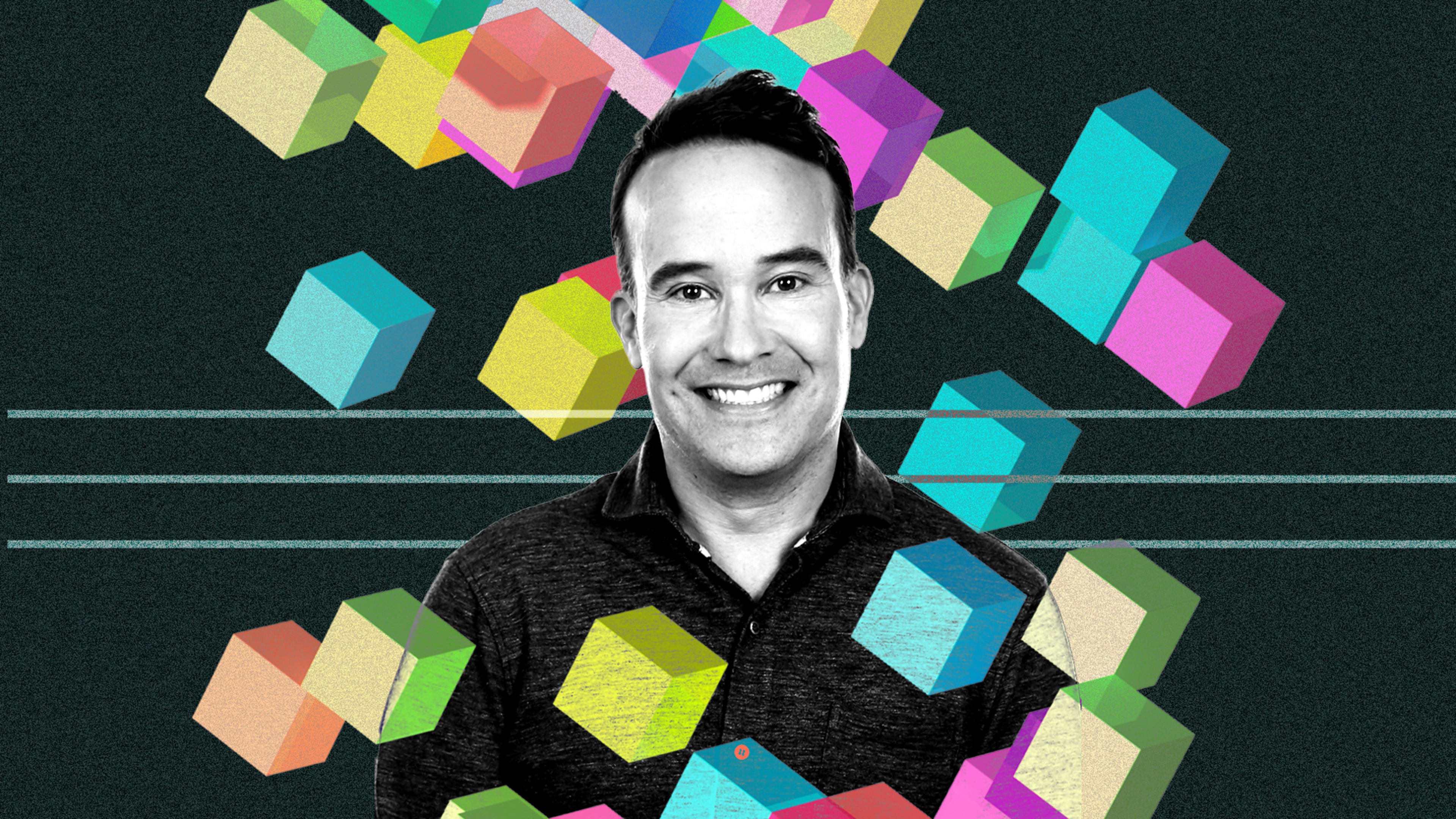It may have started with a dress code.
When tech entrepreneur and investor Tom Chavez was a senior at Albuquerque Academy in the 1980s, he bristled at the private school’s clothing rules—no jeans, collared shirts—a holdover from the school’s roots as an elite boys’ prep school. “I thought it created an income-sorting, elitist atmosphere,” he recalls. So Chavez, a straight-A student who attended the school on a partial scholarship, successfully lobbied to get administrators to allow jeans and tamp down on flashy designer logos. “I remember being in college, thinking, ‘Way to go, Tom. I wish I could do that,'” says Chavez’s older brother, Marty, former CFO of Goldman Sachs and vice chairman at money management firm Sixth Street Partners. “I don’t have that direct rebellion in me.”

His Superset “venture studio” is backing companies such as Eskalera, an enterprise software platform that helps mid-to-large-sized companies develop diverse and inclusive workplaces; Ketch, a company that automates data privacy and governance; and Spectrum Labs, an AI-powered technology that helps remove toxic content from online communities. “The tech revolution brought with it endless promise for improving so much about our lives. In some areas, this promise has been realized; in other areas, we’ve fallen short,” he says. “We need to do better, and one of the things I think defines our work is that we’re not just critiquing these shortcomings, we’re building tech to solve for them.”
With Superset, Chavez joins a small but growing number of tech insiders seeking to correct the excesses of Silicon Valley by founding privacy-friendly competitors. Former Google executives Sridhar Ramaswamy and Vivek Raghunathan have launched Neeva, an ad-free search engine. Mozilla cofounder Brendan Eich started Brave in 2019, a “privacy first” web browser. Says Chavez: “I’m not a policy person. I’m not a legislator. We engineers like to build stuff. You care about privacy? Let’s build a company that actually creates rights-respecting infrastructure and applications, so that companies can just do the right thing with data.”

Chavez’s sense of right and wrong—and his indefatigable work ethic—stems from his parents, devout Catholics who didn’t go to college, yet sent all five of their children to Harvard University. Tom, the middle child, earned degrees in computer science and philosophy. He remembers his mother repeatedly telling the children to focus on three things: “God, family, and education, in that order.” The exhortation stuck in more ways than one: “When I’m asked, ‘what’s the strategy for Superset,’ I say, ‘people, product, customers, in that order,'” Chavez says, laughing. “And then I think, ‘Oh God, I’ve become my mom.’ I’ve inherited that instinct to keep things simple and strip it down.”
After Harvard, Chavez went to Stanford University, where he earned a PhD in engineering-economic systems and operations research. “I love writing software,” says Marty Chavez, who also has a masters degree in computer science from Harvard and a PhD in medical information sciences from Stanford. “Tom loves causing the creation of software,” he says, through leading teams.
Perhaps it was inevitable, then, that Tom Chavez would go on to become a software entrepreneur. He founded his first company, Rapt, a maker of ad management software, in 1998, and got funding in 1999. In 2000, the tech bubble burst, the stock market crashed, and the U.S. plunged into recession. Rapt went through three rounds of layoffs. “The lowest moment, without question, was when I was in a board meeting and the investors were discussing me in the third person, while I’m sitting at the table,” says Chavez. “In this crazy way, it got me to redouble my efforts. If I am going to get fired, I’m not going to go out like a chump. I’m going to do everything I can.” The company’s fortunes improved with the recovery and the growth in online media, and in 2008, Rapt sold to Microsoft. Chavez’s next company, Krux, was acquired by Salesforce in 2016 for a reported $700 million.
With Superset, formed in 2019, Chavez and partner Vivek Vaidya consider themselves player-coaches, sometimes serving as cofounders of the companies they back. They also offer strategic, operational, and technical advice. Not surprisingly, Chavez’s advice tends to affirm his pro-privacy worldview. When Smita Saxena founded Stanza.co, which embeds experiences and events into calendars, she originally thought she might pursue an advertising-supported business model. “There isn’t really a world where [the business] can grow sustainably where both user values and creator values stay intact,” Chavez told her. Says Saxena: “Thankfully we were [at an] early enough [stage] where we were able to see he was right.” Today Stanza charges its enterprise customers a monthly fee for its service.
Chavez is quick to note that he’s not anti-business, but he thinks the quest for increased profits will cause Big Tech companies to keep violating users’ trust. Consumers, meanwhile, are growing increasingly concerned about the way corporations are exploiting their personal information. More than 80% of citizens worldwide surveyed by Deloitte say they believe organizations are using their personal data most or all of the time, and two-thirds say they are “concerned” about the way their data are used.
And while the same survey suggests consumers aren’t yet changing their behaviors because of these concerns, Chavez and Vaidya believe users will eventually seek out alternatives—indeed, Superset’s business model hinges on it. “We want to do well by doing good,” Vaidya says.
In the meantime, Chavez says reaction in the tech community to his opinion pieces and calls for a more ethical approach to building software and companies has been decidedly mixed.
“I’m getting invited to fewer parties than I used to,” he says, “but I’ll also tell you that so many people are privately urging me on.”
Recognize your brand’s excellence by applying to this year’s Brands That Matter Awards before the early-rate deadline, May 3.
